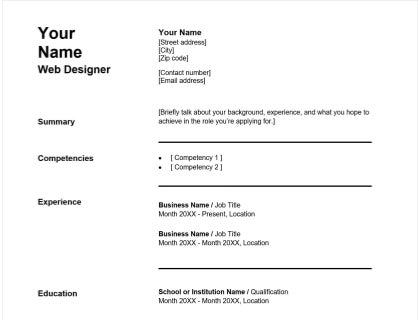
Web Designer Resume — Free Template Download
Download this web designer resume template in Microsoft Word format.
Download NowWeb Designer Resume Example:
Your Name
Web Designer
[Street address]
[City]
[Zip code]
[Contact number]
[Email address]
Summary:
[Briefly describe your background, expertise, and qualifications.]
Competencies:
[Skill 1]
[Skill 2]
Experience:
Company Name / Job Title Month 20XX - Present, Location
Company Name / Job Title Month 20XX - Month 20XX, Location
Company Name / Job Title Month 20XX - Month 20XX, Location
Education:
School Name / Qualification Month 20XX - Month 20XX, Location
School Name / Qualification Month 20XX - Month 20XX, Location
Professional Certification:
[Certificate 1]
[Certificate 2]
Achievements:
[Notable career achievement description 1]
[Notable career achievement description 2]
Awards:
[Certificate of merit]
[Certificate of excellence]
[Job promotion 1]
How to Write a Web Designer Resume:

A complete guide to writing a web designer resume with a free template.
Start with a summary.
Make your summary stand out.

You'll want your summary to create a great first impression, intriguing employers enough to continue reading your resume. Start by highlighting your most desirable qualities including your skills, years of experience, and top achievements.
Keep your summary short and to the point.
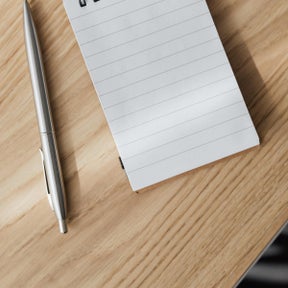
Try to keep your summary under four sentences and only include the most important information. Add a sentence about how your specific skill set and experience will benefit the employer's organization.
Showcase your technical skills.
Start with your most relevant competencies.

Mention your core web design skills first, such as conceptualizing creative ideas, improving the design of websites, and incorporating functionalities and features into websites.
Be sure to mention all relevant skills that could set you apart from other candidates.
Match your skill set with the job posting.
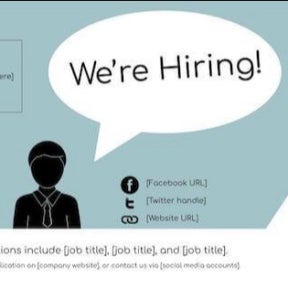
You'll want to directly match your skills with the job requirements. List all relevant skills and competencies you have acquired over time.
Be honest.

When highlighting your skills, remain truthful about your level of expertise as the hiring process may require practical assessments.
Add your work history.
List your experience in reverse chronological order.

The work experience section is an imperative part of your resume as employers will want to read about the web design projects and tasks you've completed in previous roles. You'll want to start this section with your most recent position.
Add the places you have worked.
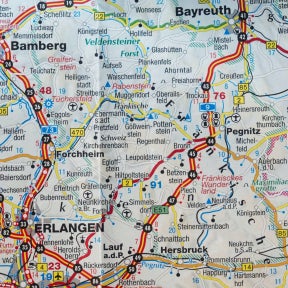
To help employers envisage you in the role and determine the type of web design tasks you're knowledgeable in, pay special attention to the responsibilities you were assigned in previous positions.
Outline your education information.
List your qualifications.

In reverse chronological order, add your qualifications. Each qualification entry should mention an institution name, the dates of attendance, and a location.
Include qualifications in progress.

If you're studying towards a qualification, indicate it at the start of this section. Omit the initial date and replace it with the words "In Progress."
Include your certifications.
List any relevant certificates.

While your portfolio of projects already reveals a lot about you and your abilities, remember to also mention any relevant certifications to help improve your chances of an interview.
Start with your most relevant certificate.

If you obtained more than one certificate, consider which one employers would be most interested in and mention it first.
Common certificates related to web design include:
- Google Analytics IQ.
- General Assembly Bootcamp.
- Facebook Blueprint.
- Adobe Photoshop Certified Associate.
- freeCodeCamp.
- HubSpot Academy.
- Certified JavaScript Developer.
Add certification details.
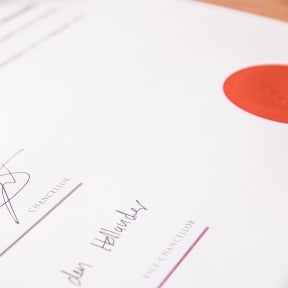
Accredited certificates in web design indicate to employers that you have formal training and that you're passionate about your job. Be sure to mention the institution and the date you obtained your certification.
Highlight your career achievements.
Add career accomplishments.

Your career milestones are a great addition to your resume because they act as solid references, proving to employers that you're more than capable of exceeding their expectations.
You'll immediately want to capture an employer's attention, so start this section with your most notable web design projects.
Highlight major completed projects.

You'll want to provide sufficient details of your projects, for example, redesigning an international client's website that resulted in a 43% increase in conversions, designing a B2C web app for personal finance management, and more.
List any awards and job promotions.
Add key career moments at the end of your resume.
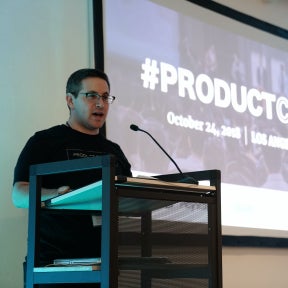
These typically include professional achievements such as awards or job promotions that may be of particular interest to employers.
Provide the details of your key accomplishments.

Use bullet points to briefly describe each award or job promotion and list them in reverse chronological order. Remember that each entry should also identify the institution/employer and don't neglect to provide a date.


